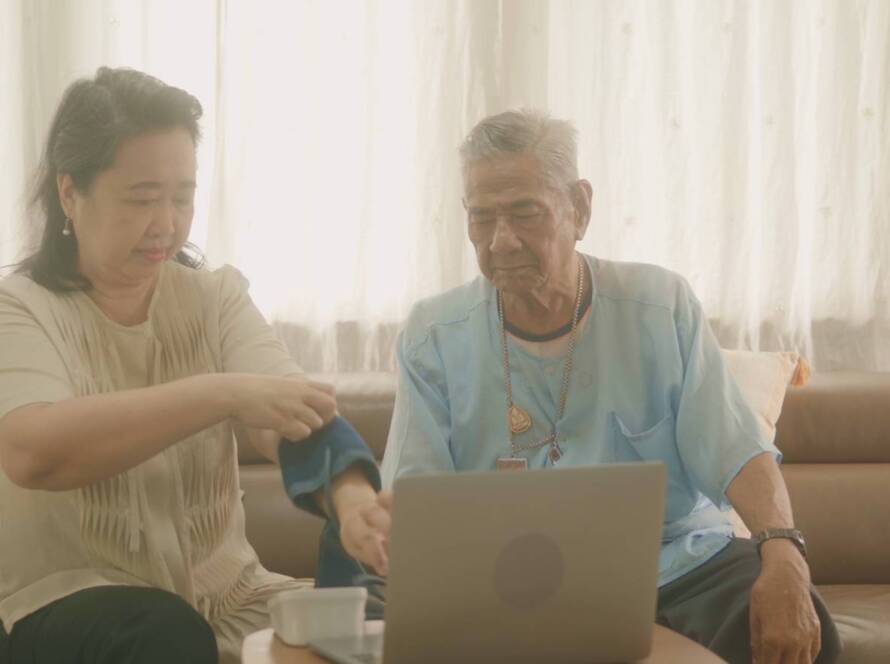Japanese patients in Japan encounter a range of challenges within the country’s healthcare system, which is often regarded as high-quality but also faces various issues. Some of the challenges that Japanese patients may experience include:
1. Aging Population: Japan has one of the world’s most rapidly aging populations. The healthcare system faces increasing demand for care, particularly for age-related health issues, which can lead to longer waiting times for appointments and treatment.
2. High Healthcare Costs: While Japan has a universal healthcare system, patients are still required to cover a portion of their healthcare expenses, including co-payments. This can become a financial burden, especially for individuals with chronic conditions or those who require extensive medical care.
3. Shortage of Healthcare Workers: There is a shortage of healthcare professionals in Japan, particularly in rural areas. This shortage can result in longer wait times to see specialists or receive medical attention.
4. Language Barriers: Non-Japanese-speaking patients may face language barriers when seeking medical care. While some healthcare providers in larger cities have English-speaking staff, communication can still be challenging in many healthcare settings.
5. Access to Specialists: Access to specialized medical care and certain types of treatments may be limited in rural areas. Patients may need to travel to urban centers to receive specialized care.
6. Prescription Medications: Some prescription medications commonly used in other countries may not be readily available in Japan. Patients may need to adjust to different medications or, in some cases, request imported medications.
7. Cultural Norms: Patients may experience challenges related to cultural norms and etiquette in healthcare settings, including the custom of removing shoes when entering facilities and the importance of showing respect to medical professionals.
8. Mental Health Stigma: While Japan is making progress in addressing mental health issues, there is still a significant stigma associated with mental health problems. This can discourage individuals from seeking mental health support.
9. Wait Times: Waiting times for appointments, especially for non-emergency cases, can be long in some healthcare facilities, even in urban areas.
10. Digital Divide: Not all patients may have access to digital tools or be comfortable using health apps and telehealth services, which are becoming more prominent in the healthcare system. This can create disparities in access to care.
11. Elderly Care: For patients and families seeking elderly care services and facilities, there may be challenges in finding appropriate care, as the demand for these services is high.
12. Access to Innovative Treatments: Access to cutting-edge or experimental treatments may be limited due to regulatory and access challenges, as the healthcare system in Japan is often cautious in adopting new treatments and therapies.
13. Patient Information Privacy: There have been concerns about patient data privacy and security, particularly with the digitalization of health records and the sharing of medical information.
It’s important to note that while these challenges exist, the Japanese healthcare system is generally regarded for its high quality of care and patient safety. However, patients in Japan may still face these challenges, which can vary depending on their individual circumstances and healthcare needs.


